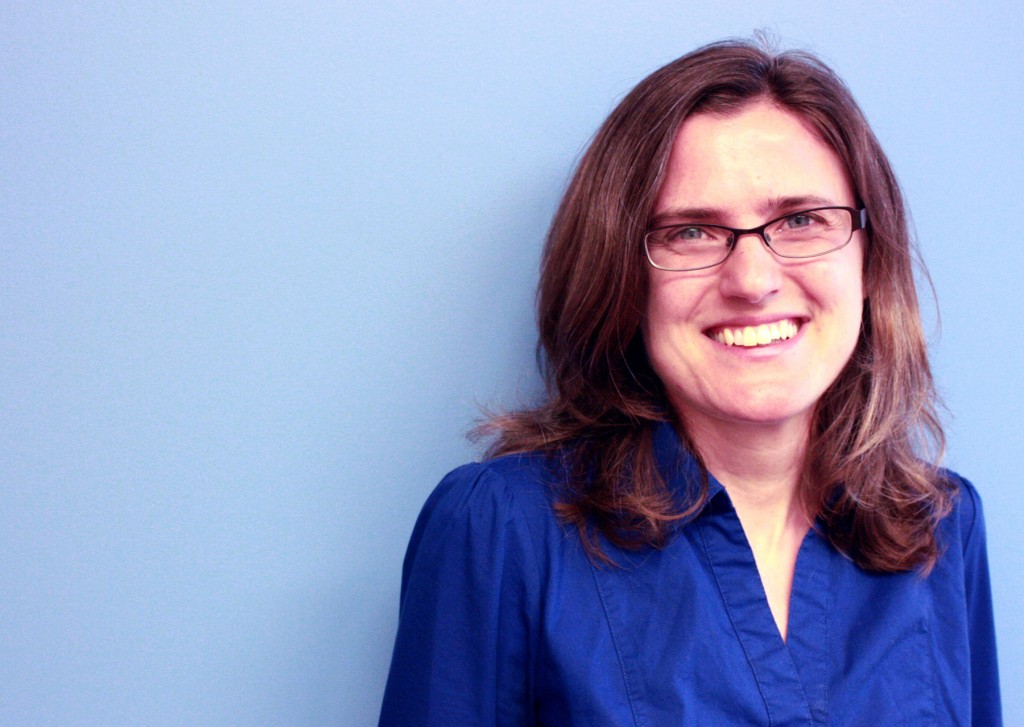How we think about matter impacts on understanding of the world, professor says
How does current thinking in physics and chemistry affect how we experience and understand other areas of life?

Assistant Professor of Chemistry and Physics
That is the question Candice Viddal, Assistant Professor of Chemistry and Physics at Canadian Mennonite University (CMU), will discuss during the university’s next Face2Face event. Face2Face is a series of conversations with CMU faculty designed to engage the community on a wide variety of current events and issues at the intersection of faith and life.
Titled “It’s Not Only About Atoms: Embracing the Science of Complexity,” this Face2Face conversation will take place on Thursday, Jan. 30 at 7:00 PM in CMU’s Great Hall (500 Shaftesbury Blvd.). Admission is free, and everyone is welcome to attend.
“Since the ancient Greeks, the dominant conception of matter is that it consists of simple building blocks – that the whole can be described as the sum of the parts,” Viddal says.
She adds that scientists have come a long way in revealing exquisite detail about matter at many different length scales, from the incredibly small, like quarks and leptons; to atoms; to larger conglomerations of atoms such as proteins that perform a wide variety of tasks in living organisms; to genes that are the molecular units of heredity.
“Using examples from physics to chemistry, I’ll show that putting the parts back together again to describe complex systems as a whole – whether they be magnetic materials, neural networks, or even social behaviours – is proving to require new ways of thinking,” Viddal says.
“This is leading modern scientists to slowly embrace the idea that the whole may indeed be more than the sum of parts.”
Both ways of thinking about matter have had an impact on our understanding of the world around us, and ourselves.
“No one doubts that we are composed of atoms, but some say that we are ‘merely’ a collection of atoms, while others believe we are more than that – using descriptors such as mind, spirit, and heart,” Viddal says.
“I’m looking forward to exploring this dichotomy.”
“It’s Not Only About Atoms: Embracing the Science of Complexity” is the fourth of seven Face2Face events CMU is hosting during the 2013-14 school year. For the complete Face2Face schedule, please visit www.cmu.ca/face2face.
